
On February 14th, the world celebrates a day marked for spreading love. All the longstanding political positions on the commercialised nature of Valentine’s Day aside, any celebration of the day in India has, for several years, been marred by several incidents of violence, hate, and even attempts at further communal polarisation. While it must be noted that there have been events and attempts to use the day to spread messages against violence on women:
- or on questioning how India sees the day beyond a usual heteronormative lens-
- however, for most parts, what India has seen was violence and policing:
However, this year, there are reports from Hyderabad and Chandigarh of the cities deploying more police to prevent mob moral policing.
In this issue of TypeRight, we continue our focus on the rising hate in the country- offline and online.
The last week saw two particularly questionable judgements that have been part of mainstream attention. For one, the Karnataka High Court is still indecisive about the issues raised by several women students in the colleges for denying them entry when wearing a hijab. As we mentioned in the previous issues, this had been fomenting for a while now.
The other judgement, one by the Kerala High Court, has been to uphold a ban on a news channel, MediaOne. The union home ministry had revoked their broadcast license renewal citing ‘security concerns,’ and the Kerala HC upheld the ban. Critics, and the management, point out that MediaOne is perhaps the only broadcast news channel in the country with a Muslim management, and had not hesitated to show reports from the ground during the 2020 violence in North East Delhi. The channel had faced a temporary ban back then as well. The issue has come up in the editorials of several prominent national media:
Questions raised point out the using of arguments like national security to clamp down freedom of the press, just as similar lines were used on suppressing dissent in recent times.
The other criticism is the precedence set by the high court for having accepted a sealed cover by the prosecution, the contents of which- and the reasons for the revoking of license- has not been revealed to the press, the public, nor the management of the channel, Madhyamam Broadcasting Ltd.
The larger narrative these are building into is one of an increasing atmosphere where the marginalised or minority communities find it increasingly unsafe, and their constitutional freedoms of religious choices, dressing, love, or life are being affected. The constant campaigns online and offline, of hate through conspiracy theories like the love jihad, has had serious and lethal implications, as this article in the Guardian noted:
Interestingly, as the country went to poll n two states on v-day, the campaigns have been anything but pyaar. The Hijab issue in Karnataka is sure to resonate across the country as efforts to convert it into a campaign for votes and a push for the civil code continues:
“The Congress sees in both an attempt by the BJP for last-minute polarisation, and a sign of the party’s desperation.Apart from promising to bring in a uniform civil code if voted back to power – at a time when a row over wearing of hijab by students to class in Karnataka is brewing — Dhami also repeated the BJP’s refrain that a Congress government would set up a Muslim University in the state.”
The other state, Uttarakhand, is where two months ago, a conference had taken place, organised by far-right majoritarian forces, calling for organised attacks on the minority population.
Uttarakhand and UP's manifesto by the ruling BJP also mentions of laws against 'love jihad,' further to spread hate. One MLA had also promised in his election campaign of a ban on skull caps.
Last week also saw an assassination attempt of a Muslim political leader and Member of Parliament, clearly pointing to the effect of the impunity the forces calling for violence receive. And this has clearly caught the notice of international media:
The Hijab issue has now spread all over, adding to the problems of hate against minorities, and sooner or later the courts and the governments both would be forced to take a position. It remains to be seen whether they will side with the constitution as its architects like Ambedkar wrote it, or the constitution as right wing demagogues like Yogi sees it- and side against the freedoms it guarantees the citizens.
As of now, this is what the court did:

For a shift from the rather apprehensive updates, we move to Odissa for some inspiring news. This article traces how innovative youngsters like Ganesh Birua took up the task of bringing his mother-tongue Ho, one of the 19,500 less dominant languages spoken in the country to the internet and Unicode. The Unicode is the internet's standard for encoding and representing information, that attempts to spread out to all languages spoken and written worldwide.
At least 100 languages spoken by more than 10,000 speakers are languishing on the sidelines of the internet because of the absence of digital “tools and technologies”, says the Indian information technology ministry. (via Scroll)
In other news, statistics show that with-
"36% of women employees, the Indian tech industry has also become one of the largest private-sector women employers in India with over 1.8 million women in the workforce."
And after last week's budget which decided to tax digital income, the RBI is still advising the government to clamp down of cryptocurrencies.
The 'digital rupee' announced might not feature the blockchain technology, reports revealed.
Airtel's OneWeb launched more new satellites, according to this news:

DEF Updates
Read about DEF's role in the Jawabdehi Yatra (covered in detail in a previous issue) here:
Also read on how our Soochnapreneur Sonia and the CIRC has been empowering her village:
Our smartpur programme had organised a camp in Kathwalia, bringing people closer to financial inclusion:
Read DEF founder-director Osama Manzar's piece in Civil Society magazine on Digital India and bridging the gaps of internet exclusion:
Until next week, we wish all our readers continue to counter the hate and in its place, spread pyaar, ishq and mohabbat.

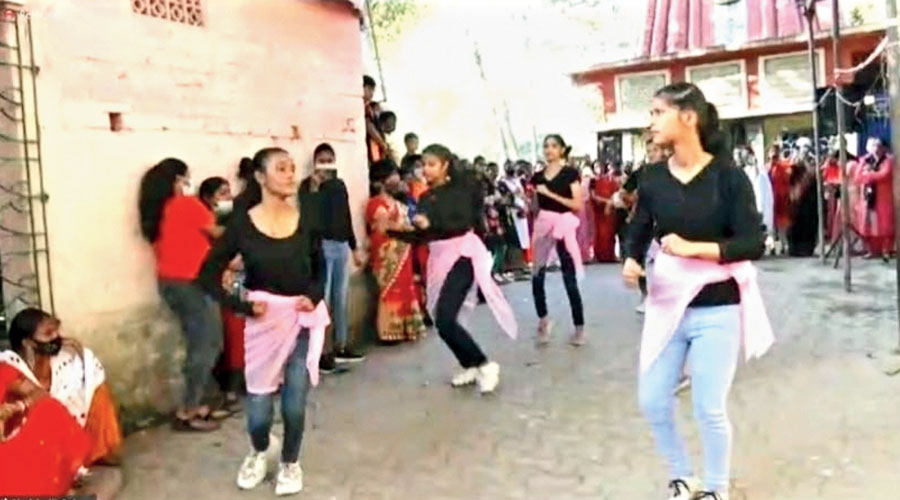





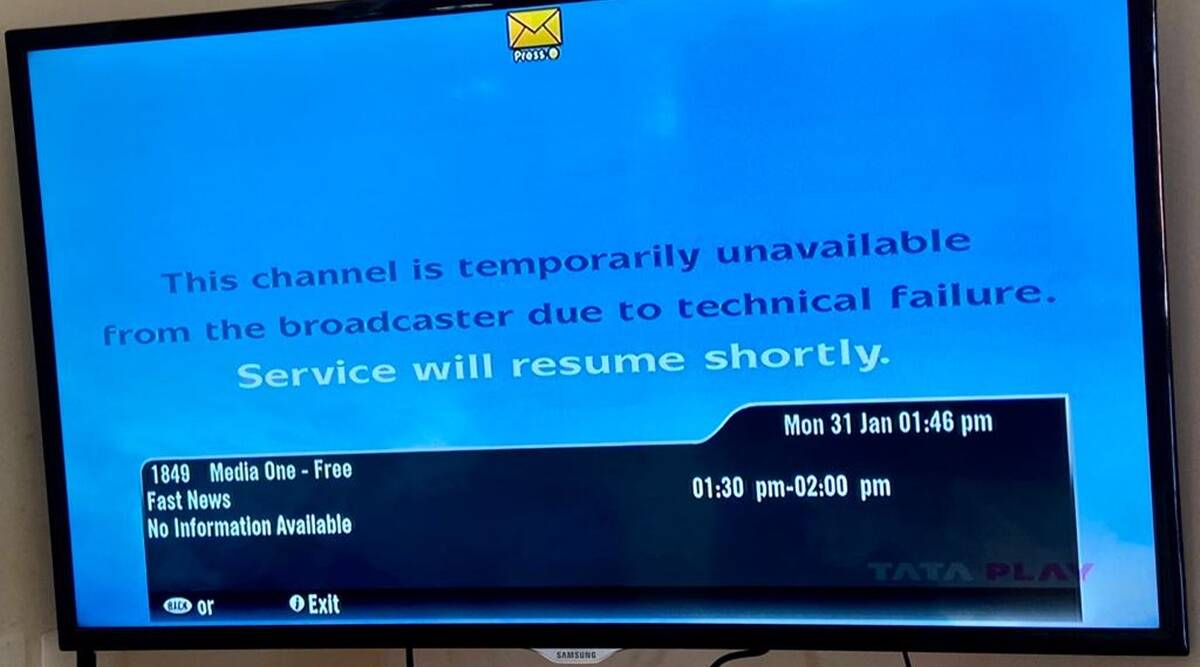
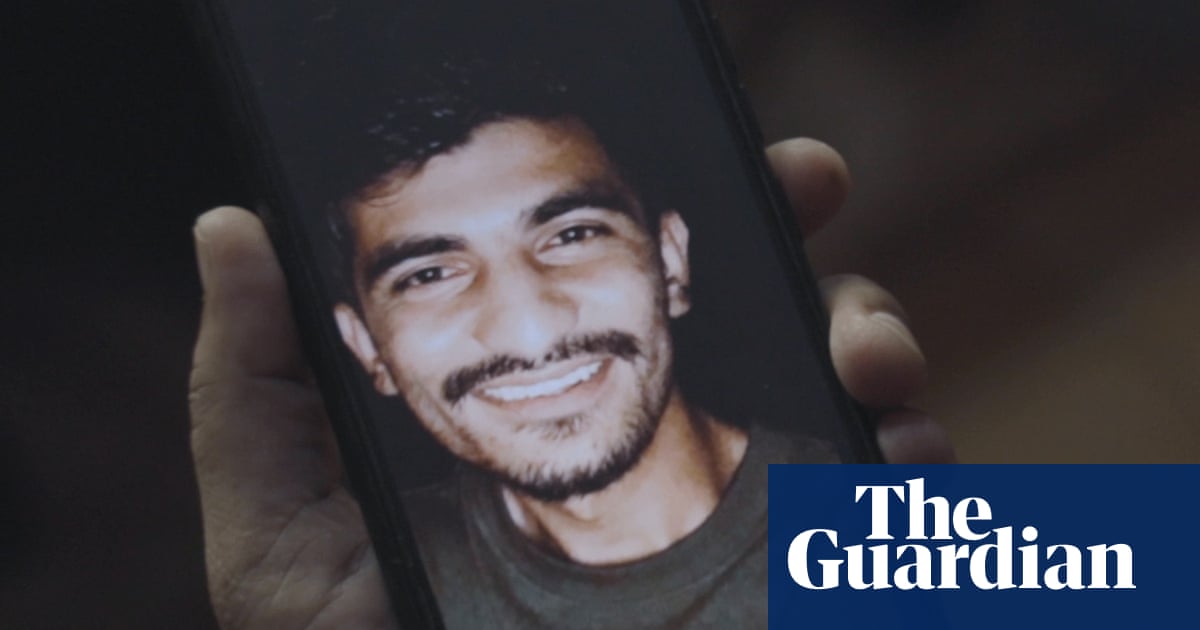
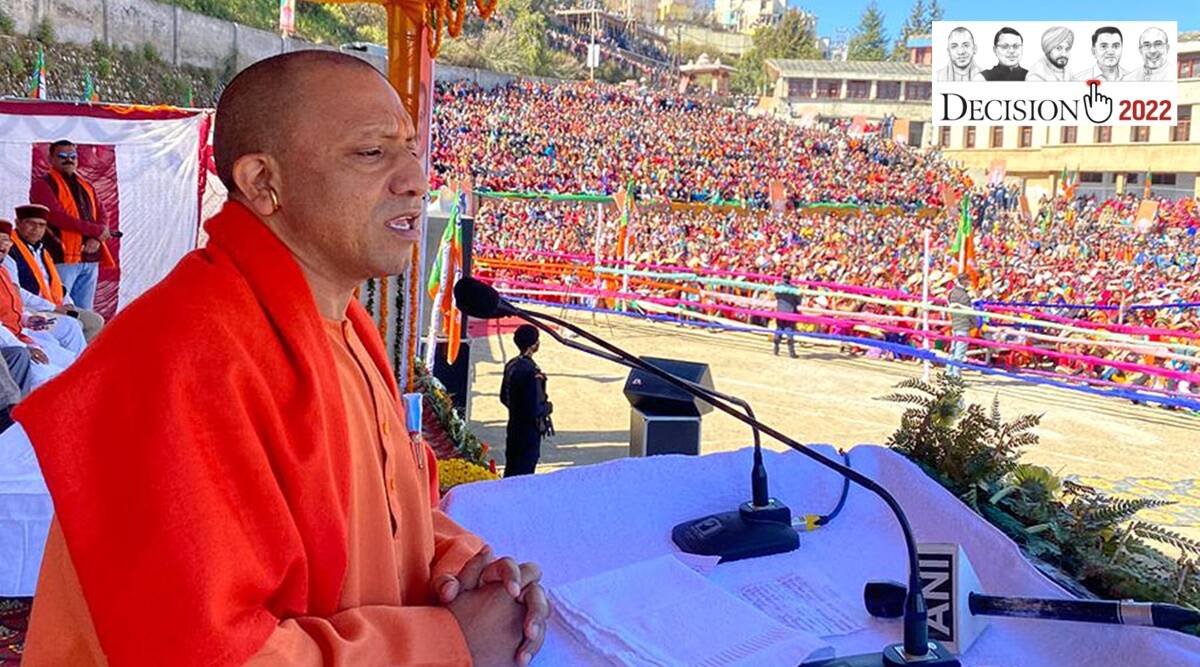

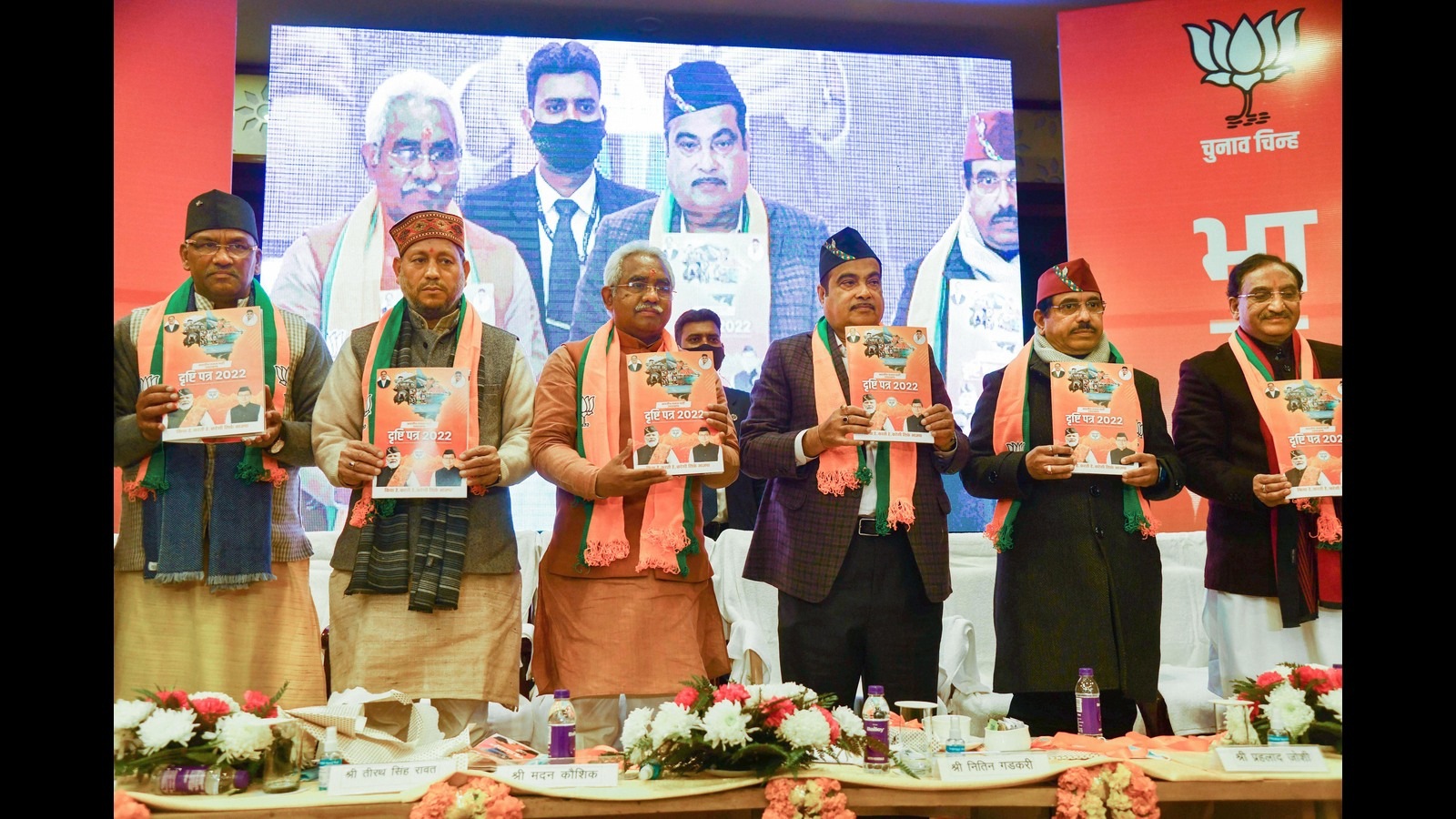
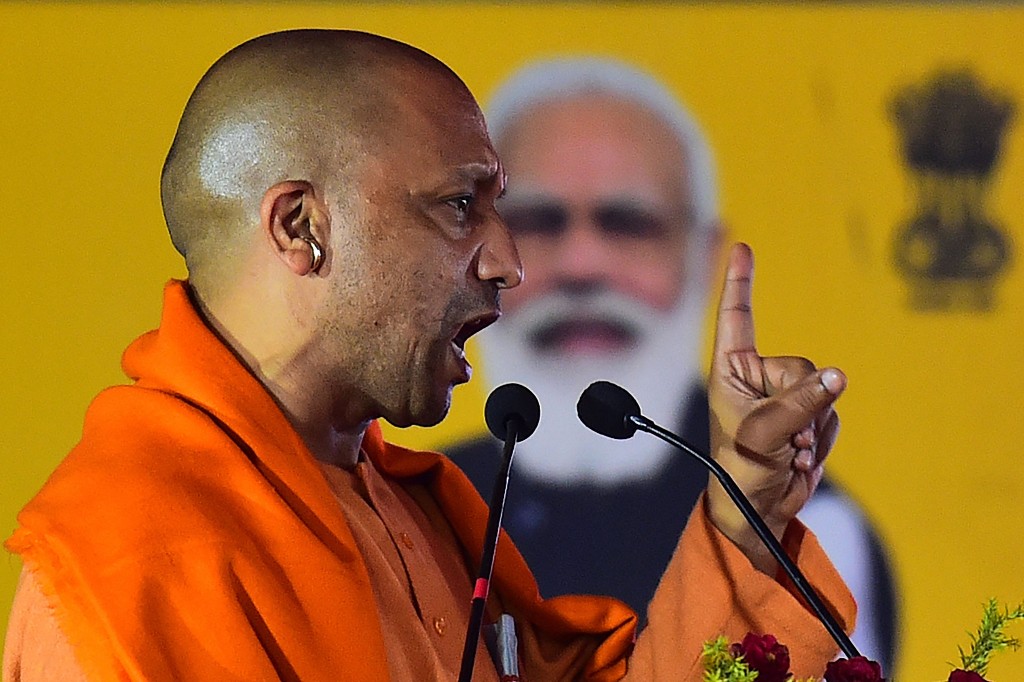
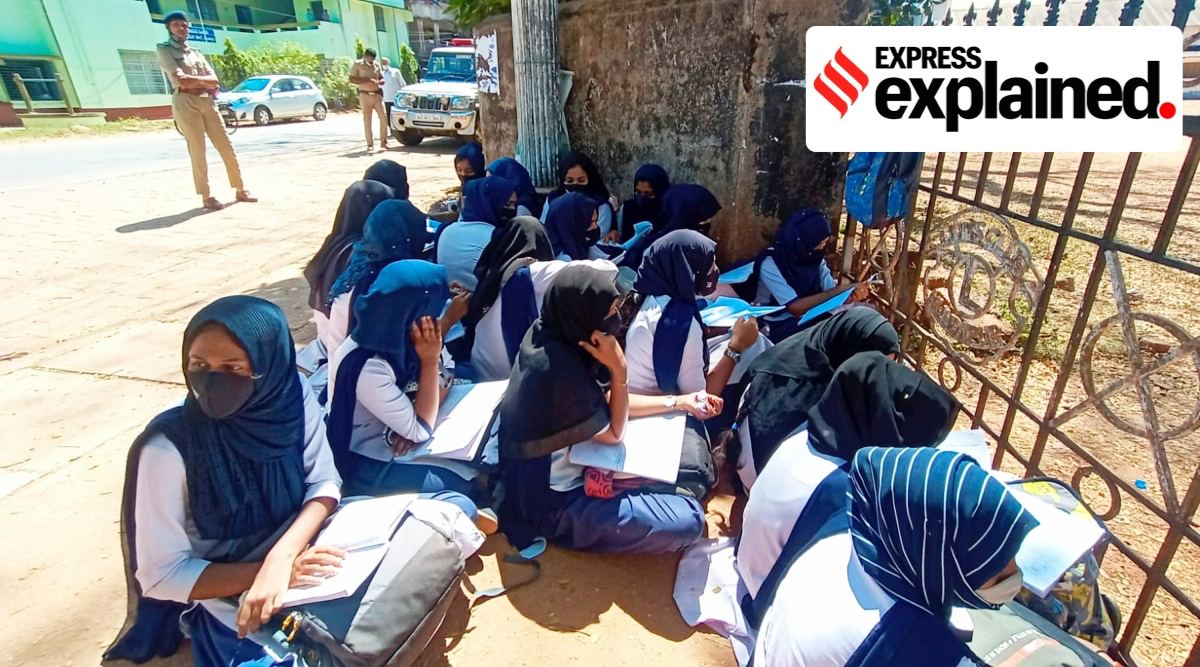

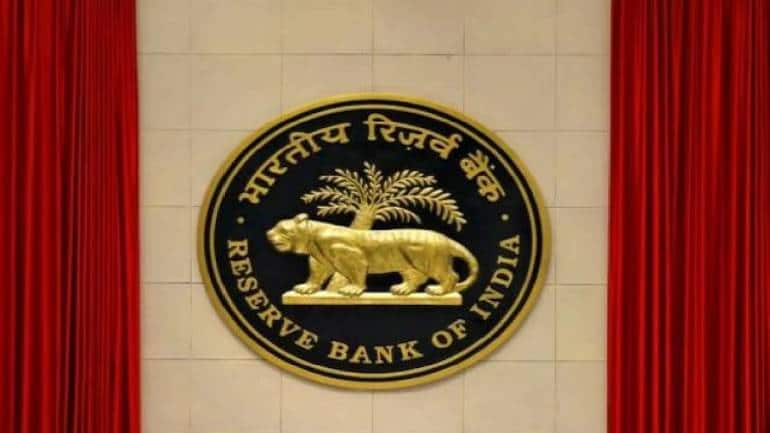




















 might be?](https://sk0.blr1.cdn.digitaloceanspaces.com/sites/1394/posts/714526/dbc8de4c-5c50-411f-aba0-55cfb74a692d.jpeg)

Write a comment ...